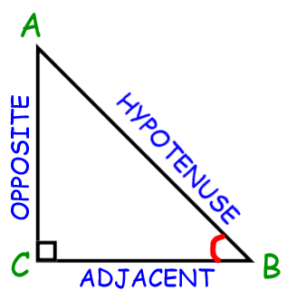Your family might think you are nuts; Your friends worry about the social skills of your children, and there are so many choices for a curriculum that it is just overwhelming. This is a great adventure you are embarking on. It might seem daunting, but it is not. Embrace the challenge, and know there are some things you can do to make the journey a little less bumpy.
First, I would suggest finding a good co-op. A co-op is short for cooperative. This is exactly what it sounds like. Parents come together and share their individual strengths to help each other educate their children. At first, this might sound like more work, but there is a big secret about co-ops: co-ops are not really for your kids but for you! You need someone to cheer you on without questioning your sanity. Plus, those great friends are going to give you ideas of what worked and what did not work with the curriculum. What works for one child may not necessarily work for all your children. The people you meet at co-ops are wonderfully god-fearing, and they give you the ability to keep going on those tough days. Do not discount the importance of a support group during this time. I remember play dates in the park, amazing field trips, shared laughter, and crying. Most importantly, I remember being strengthened to stay the course.
Second, do not be afraid to ask for advice. I wanted to look like I had it all together. I am sure you do, too, especially if friends and family are doubting your decision to homeschool. But do you know what? No one actually does have it all together. If you do not feel comfortable teaching a subject, especially as they get older, then share responsibilities. Co-ops are a major part of helping in this department. So are online classes. There is nothing wrong with seeking help when you need it. It is worth the risk of seeming incompetent.
Lastly, if you remember that your child doesn’t need to know everything there is to know before they graduate, the pressure is off. Teaching children to love learning, helping them to know how to learn, and leading them by example if far more important than curriculums or knowing gads of facts. Keep in mind the end goal. Keep in mind no education is perfect. When I think of my public school education which graduated me with barely any reading skills, I realize I did the right thing by homeschooling my children. And I loved doing it well most days!
Let us mention the biggest fear you have right now: I might ruin my child’s education. No, you will not. You love them too much. No one cares more about your child’s education than you do. You were made to be their first and best teacher. The best advice I give newbies is that you just must be smarter than your child by one day. If you are not smarter than them, then go to the park and get smarter that night. We all had that fear, and your children will not understand or appreciate your sacrifice. Even so, all the effort is worth the end result. Treasure this time with your children, and don’t let anyone or anything, especially fear, keep you from it.
For more on homeschooling and help, visit www.hisvesselacademy.com




